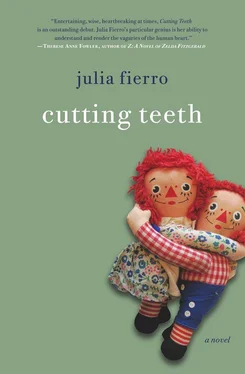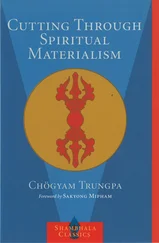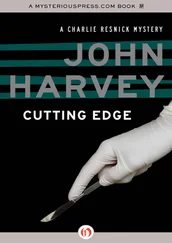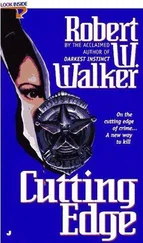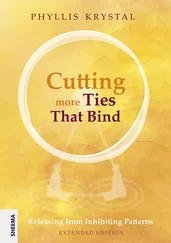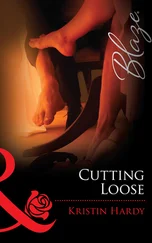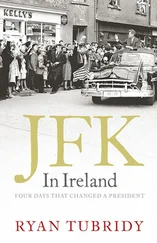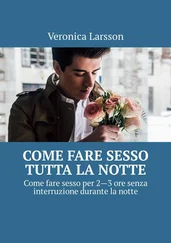Tiffany continued, “Not like us pathetic American mommies. With our whining. And our bitching and our oh-my-life-is-so-fucking-hard.”
Tiffany waved toward the room, and red wine splashed across the coffee table.
“Oh, oh,” Tiffany said, and Tenzin had to giggle with her. “Don’t tell Mommy Nicole.”
Leigh gripped Tiffany’s freckled shoulders and turned her toward the kitchen.
“Come on, Tiff,” Leigh said, “let’s find some paper towels.”
Tenzin knew the mommies and daddies thought her simple — her enthusiasm with the children silly. She could tell. But all that mattered was she had done her duty that day. Her best. This karmic certainty was the blanket she wrapped herself in each night, thick and warm, in place of her husband’s arms, in place of her children’s bodies, in place of her mother’s small figure, with whom Tenzin, even as a married woman, had shared a bed most nights of her life. She and her husband Lobsang had their time together each week, but she returned to her mother’s bed after, her husband’s seed trickling down the inside of her thigh as she curled into her spot on the mattress, still pressed with the shape of her body.
She could barely grasp the memory of wet warmth, the shiver inside her, the taut veins in her Lobsang’s arms as he arched above her, but as she watched Tiffany pour another glass of wine, liquid sloshing over the rim, Tenzin’s thighs flared with heat.
Tenzin watched as Nicole stepped outside the cluster of mommies, tap-tapping on her phone. The mommies and daddies loved their phones and were made very happy by the things they read on the glowing screens, the pictures they took, the clever things they wrote on the Facebook they mentioned so often.
She would miss her computer these few nights away.
The night before, when Tenzin had Skyped with her family, her husband and sons and daughter coming to life on the monitor, she had felt the swell in her throat and the croaking cry escaped.
Lobsang had surprised her by begging she come home.
“This is too hard,” he said. “Four years is too many.”
The three round-cheeked children she had left behind had vanished. Her daughter was a woman. Her oldest son’s voice would soon change, and what if she couldn’t remember what it had once sounded like, as clear and high as a bell? He walked out of the small square screen when she began to cry, and she wanted to pull him back, to feel the new stubble on his cheeks, to lock him in a room with her until it was her time to die.
“No,” she said to Lobsang as she wiped her face dry with the heel of her hand, “we are too close. No pain, no gain.”
Her second asylum hearing was in two months, three weeks, and four days, and if she did her duty, if she did her best, as the Americans were fond of saying, soon they would be together. Leigh and Tiffany, and even Daddy Rip, they were always saying, You are the best, Tenzin! What would we do without you? Surely that would be enough to make the officials at her next hearing grant her asylum.
As she watched the mommies and daddies enjoy themselves, their backs arching in laughter, their arms waving as they impersonated other mommies and daddies and told silly stories, she thought of the children asleep upstairs, holding the dolls and stuffed animals the mommies called loveys. The mommies had made it clear to Tenzin that the loveys should never be lost. But how was Tenzin to protect the loveys when the children begged to keep them close? The cuddle-worn plush puppies, limbless dolls, and ragged blankets accompanied them to playdates, to story time at the library, even to the playground. The loss of the loveys was a terror looming over Tenzin every minute of every working day. There was always a part of her watching, for Mr. Nuk-nuk, Kittyface, and Blue, keeping an eye on these soft pastel objects, just as she did on their miniature owners.
She thought of climbing into bed with Chase, but knew she wouldn’t tonight. Not with Leigh sleeping in the same room.
She had never slept alone, and on the nights her employers stayed out late, Tenzin spending the night in the big drafty brownstone, the warmth of Chase’s body replaced the memory of her mother’s heat.
Of all the American children she had cared for, she knew her Chase had the best heart. It was her duty to guide him through the betrayal of his body that told him to grab, hit, bite, that robbed him of his peace. And that of his mother. Tenzin knew he was a child of God. Full of light. He greeted her each afternoon with I missed you, Tenzin, and when she left at night, her legs throbbing from housework and piggyback rides, Chase stood at the tall parlor window, watching her standing on the street, so they could mime great big hugs. Chase was her silver lining .
“I can’t believe she’d stab you in the back like that.” Tiffany’s voice rose like a siren.
“That’s why they call them golden handcuffs, dude,” Rip boomed.
“Their oldest son just got the diagnosis,” Grace whispered. “He’s on the spectrum.”
“Well,” Nicole said, “the warning signs can differ from kid to kid. But they usually start with a sore throat.”
“And I was like, no way !” Tiffany’s face was shiny with sweat.
“There’s always strings attached, man,” Michael said.
“I’d give an arm and a leg for a country house,” Susanna sighed as her swollen fingers drew circles around her belly. “Someday.”
The mommies lived in the future, Tenzin thought. Ever after. Where they imagined they would have all they wanted. How could they when they wanted more and more? Their list of wants was a teetering, tottering tower, just one want away from crashing upon their pretty heads, the hair they had painted at the beauty shops with so many colors like the palette of the sun.
It was not for her to judge them, she reminded herself. She, like all men, was just one observer. It was not her place to tell them, as the benevolent Dalai Lama says, Happiness is not something ready-made. It comes from your own actions.
She walked up the stairs into the cool, still silence of children dreaming.
Strings attached. No picnic. An arm and a leg. To die for … to die for …
A more-than-buzzed Riptiptoed into the dark guest bedroom, the light from the hallway spilling onto the bed where Hank and Grace lay, Grace’s lustrous black hair fanned over Hank’s rising and falling chest. Rip closed the door slowly until he heard the click of the lock echo in the hallway, cursing under his breath when Hank moaned in his sleep. The only light in the room was the white pillow under his little family’s heads, glowing blue in the moonlight filtering through the thin shades. Rip peeled off his clothes, trying not to stumble despite the darkness and the spinning of his head. Why had he stayed behind with Michael after the rest had gone to bed? Why had he downed those shots — one after another, he and Michael toasting irreverently to: health insurance! twenty-four-hour sushi delivery! the good old days!
Down to his boxers, Rip climbed into the cot next to the bed. The coils screeched under him, and he froze. The alcohol churned in his stomach, and he clutched a pillow against his gut. Their family doctor had diagnosed his nightly discomfort as irritable bowel syndrome. Grace’s mother had diagnosed it as — translated from Korean by Grace— nervous American stomach. His stomach felt extra nervous tonight as memories of that afternoon in the kitchen returned. The beads of sweat on the back of Tiffany’s neck as the steam had billowed up from the sink. He had wanted to taste them. The wet pop of her lips parting as she gasped. Had she gasped, he wondered, trying to remember, trying to hold on to consciousness, and as he crept into that netherworld of half sleep, half memory, he grew hard and hoped he would cross into a dreamworld where all that had not happened in the kitchen that afternoon could and would.
Читать дальше
